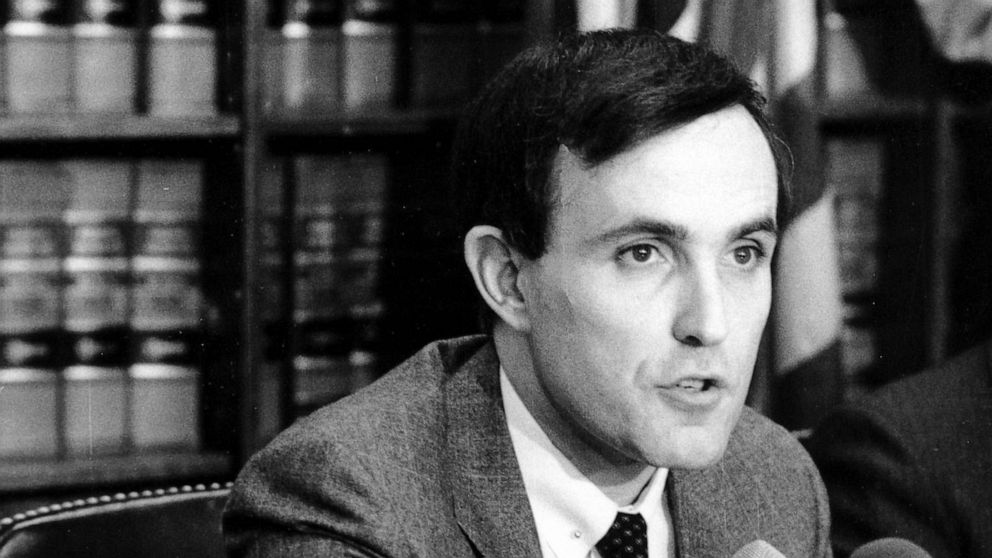Rudy Giuliani, the former mayor of New York City and personal attorney to former President Donald Trump, is now facing a RICO charge, a legal tactic he himself popularized during his time as a federal prosecutor. The irony of this situation is not lost on legal experts and political observers, as Giuliani finds himself on the receiving end of a prosecution method he once championed.
RICO, short for the Racketeer Influenced and Corrupt Organizations Act, was enacted in 1970 to combat organized crime. It provides prosecutors with a powerful tool to go after individuals involved in criminal enterprises by allowing them to charge defendants with a pattern of racketeering activity. This includes crimes such as bribery, extortion, money laundering, and fraud.
Giuliani rose to national prominence in the 1980s as the U.S. Attorney for the Southern District of New York, where he successfully used RICO to dismantle the powerful Italian-American Mafia families that had long plagued the city. His high-profile prosecutions of mob bosses like John Gotti earned him a reputation as a tough and effective prosecutor.
However, Giuliani’s career took a different turn when he became involved in politics and eventually became the mayor of New York City. He transitioned from being a prosecutor to a politician and later a private attorney, representing clients in various legal matters, including high-profile cases and political consulting.
In recent years, Giuliani’s legal activities have come under scrutiny. His involvement in the Ukraine scandal that led to Trump’s first impeachment trial raised questions about potential violations of campaign finance laws and abuse of power. Now, he faces a RICO charge related to his alleged role in a scheme to influence the 2020 presidential election.
The RICO charge against Giuliani alleges that he engaged in a pattern of racketeering activity by working with associates to spread false information about election fraud, thereby undermining the integrity of the electoral process. The indictment claims that Giuliani and his co-conspirators used various means, including media appearances, social media, and private meetings, to disseminate false claims and conspiracy theories.
Legal experts note the irony of Giuliani’s situation, as he finds himself on the receiving end of a legal tactic he once used to bring down organized crime syndicates. RICO charges are notoriously complex and require prosecutors to establish a pattern of criminal activity over an extended period. The burden of proof is high, and successfully convicting someone under RICO can be challenging.
Giuliani has vehemently denied the charges against him, maintaining his innocence and claiming that he was merely exercising his First Amendment rights to free speech. He argues that his efforts were aimed at uncovering alleged election irregularities and ensuring the integrity of the democratic process.
As the legal proceedings unfold, Giuliani’s case will undoubtedly attract significant attention. It raises important questions about the use of RICO charges in political cases and the limits of free speech when it comes to spreading false information. Legal experts will closely examine the evidence presented by both sides to determine the strength of the prosecution’s case and whether Giuliani’s actions meet the legal threshold for a RICO charge.
Regardless of the outcome, Giuliani’s situation serves as a reminder that the legal tactics one employs in their career can come back to haunt them. The irony of facing a RICO charge, a method he popularized during his time as a prosecutor, is not lost on Giuliani or those observing this high-profile case.



